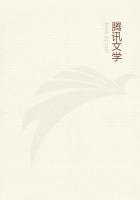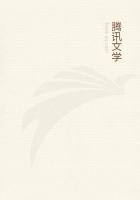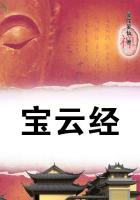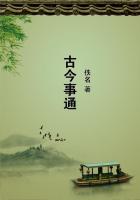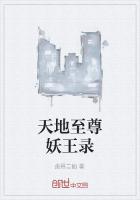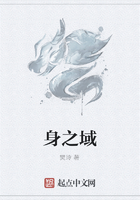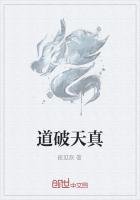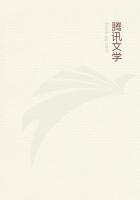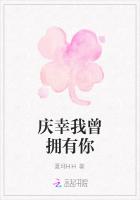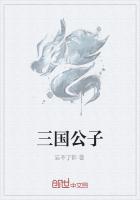From the time any one of us is born into the world he is subject to the influences of forces that reach backwards to the earliest days of the race. The "dead hand" rules,--yes, and the dead thought, belief and custom continue to shape the lives and character of the living. The invention and development of speech and writing have brought into every man's career the mental life and character of all his own ancestors and the ancestors of every other man.
A child is not born merely to a father and a mother. He is born to a group, fiercely and definitely prejudiced in custom, belief and ideal, with ways of doing, feeling and thinking which it seeks to impose on each of its new members. Family, tribe, race and nation all demand of each accession that he accept their ideals, habits and beliefs on peril of disapproval and even of punishment. And man is so constituted that the approval and disapproval of his group mean more to him even than his life.
The social setting into which each one is born is his social heredity. "The heredity with which civilization is most supremely concerned," says Sir Edwin Ray Lankester, "is not that which is inborn in the individual. It is the SOCIAL inheritance which constitutes the dominant factor in human progress."[1] It is this social inheritance which shapes our characters, rough-hewn by nature. It is by the light of each person's social inheritance that we must also judge his character.
[1] The Eugenists fiercely contest this statement, and rightly, for it is extreme. Society is threatened at its roots by the present high birth rate of the low grade and the low birth rate of the high grade. Environment, culture, can do much, but they cannot make a silk purse out of a sow's ear. Neither can heredity make a silk purse out of silk; without culture and the environmental influences, without social heredity, the silk remains crude and with no special value. The aims of a rational society, which we are born a thousand years too soon to see would be twofold: to control marriage and birth so that the number of the unfit would be kept as low as possible, and then to bring fostering influences to bear on the fit.
"Education," says Oliver Wendell Holmes, "is only second to nature. Imagine all the infants born this year in Boston and Timbuctoo to change places!" And education is merely social inheritance organized by parents and teachers for the sake of molding the scholar into usefulness and conformity to the group into which he is born. There may be in each individual an innate capacity for this ability or that, for expressing and controlling this or that emotion, for developing this or that purpose. Which ability will be developed, which emotion or purpose will be expressed, is a matter of the age in which a man is born, the country in which he lives, the family which claims him as its own. In a warrior age the fighting spirit chooses war as its vocation and develops a warlike character; in a peaceful time that same fighting spirit may seek to bring about such reforms as will do away with war.[1] When the world said that a man might and really ought now and then to beat his wife and rule her by force, the really conformable man did so, while his descendant, living in a time and country where woman is the domestic "boss," submits, humorously and otherwise, to a good-natured henpecking.
And in the times where a woman had no vocation but that of housewife, the wife of larger ability merely became a discontented, futile woman; whereas in an age which opens up politics to her, the same type of person expands into a vigorous, dominating political leader. Though the force of the water remain the same, the nature of the land determines whether the water shall collect as a river, carrying the produce of the land to the sea, or as a stagnant lake in which idlers fish. Time, social circumstances, education and a thousand and one factors determine whether one shall be a "Village Hampden," quarreling in a petty way with a petty autocrat over some petty thing, or a national Hampden, whose defiance of a tyrannical king stirs a nation into revolt.
[1] Indeed, a reformer is to-day called a crusader, though the knight of the twelfth century armed cap-a-pie for a joust with the Saracen would hardly recognize as his spiritual descendant a sedentary person preaching against rum. Yet to the student of character there is nothing anomalous in the transformation.
How conceptions of right and wrong, of proper and improper conduct, ideals and thoughts arise, it is not my function to treat in detail. That intelligence primarily uses the method of trial and error to learn is as true of groups as of individuals; and established methods of doing things--customs--are often enough temporary conclusions, though they last a thousand years.
The feeling that such group customs are right and that to depart from them is wrong, is perhaps based on a specific instinct, the moral instinct; but much more likely, in my opinion, is it obedience to leadership, fear of social disapproval and punishment, conscience, imitation, suggestibility and sympathy, all of which are parts of that social cement substance, the social instinct. No child ever learns "what is right and wrong" except through teaching, but no child would ever conform, except through gross fear, unless he found himself urged by deep-seated instincts to be in conformity, in harmony and in sympathy with his group,--to be one with that group. Perhaps it is true, as Bergson suggests, as Galton[1] hints and as Samuel Butler boldly states, that there are no real individuals in life but we are merely different aspects of reality or, to phrase it materialistically, corpuscles in the blood stream of an organism too vast and complicated to be encompassed by our imagination.

